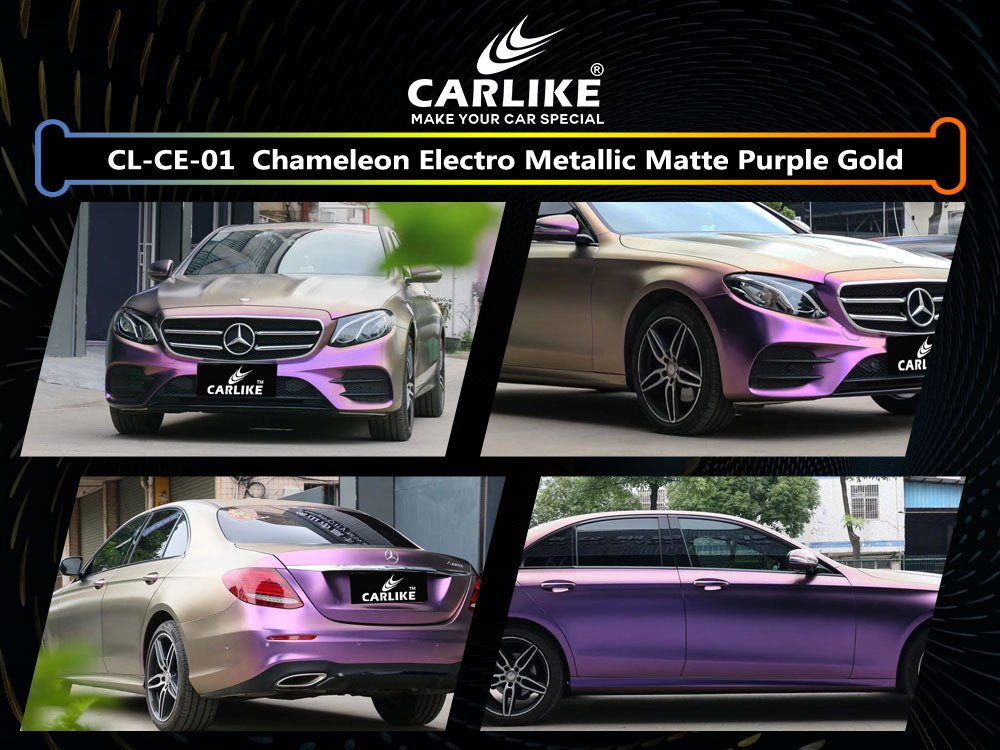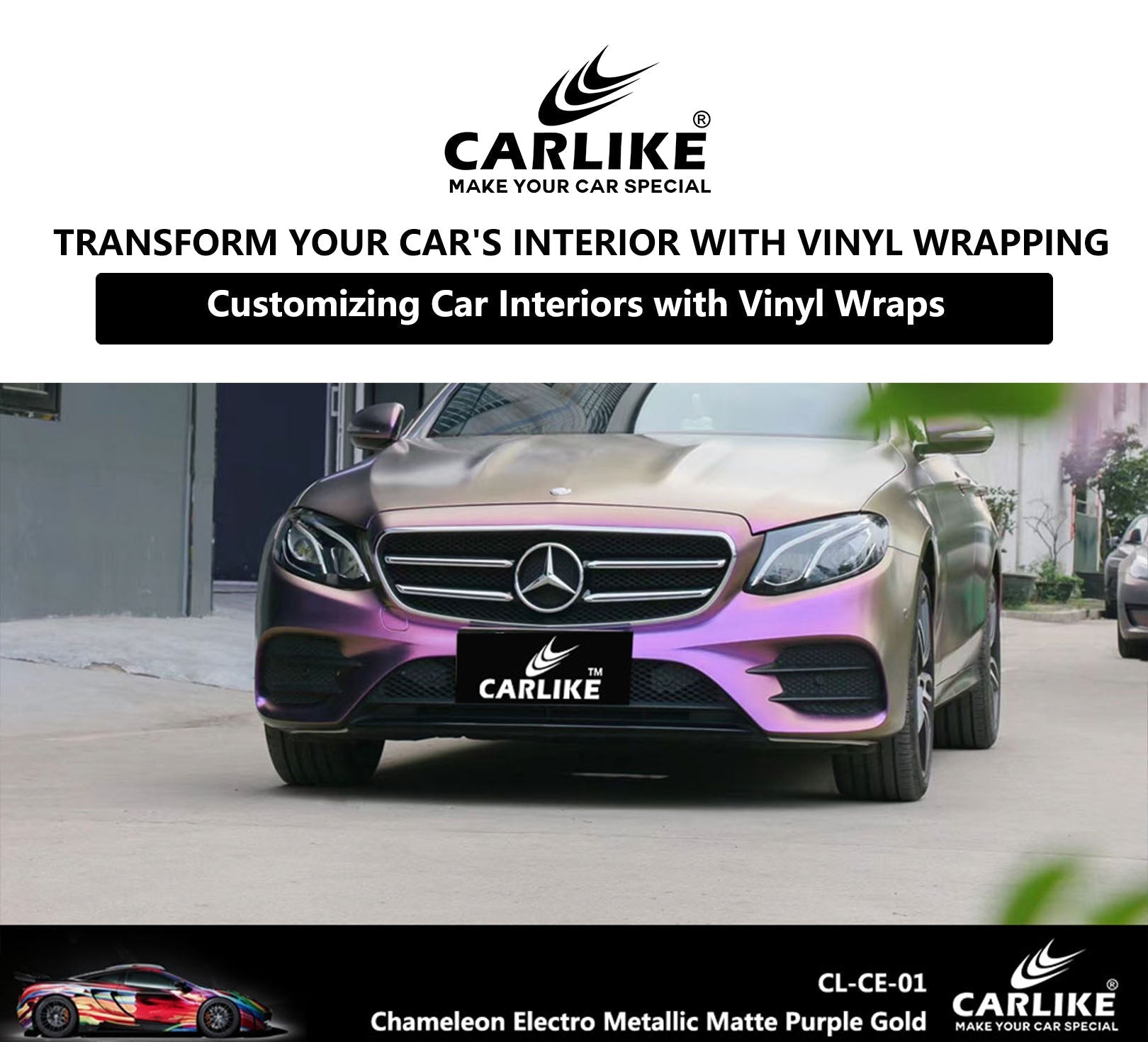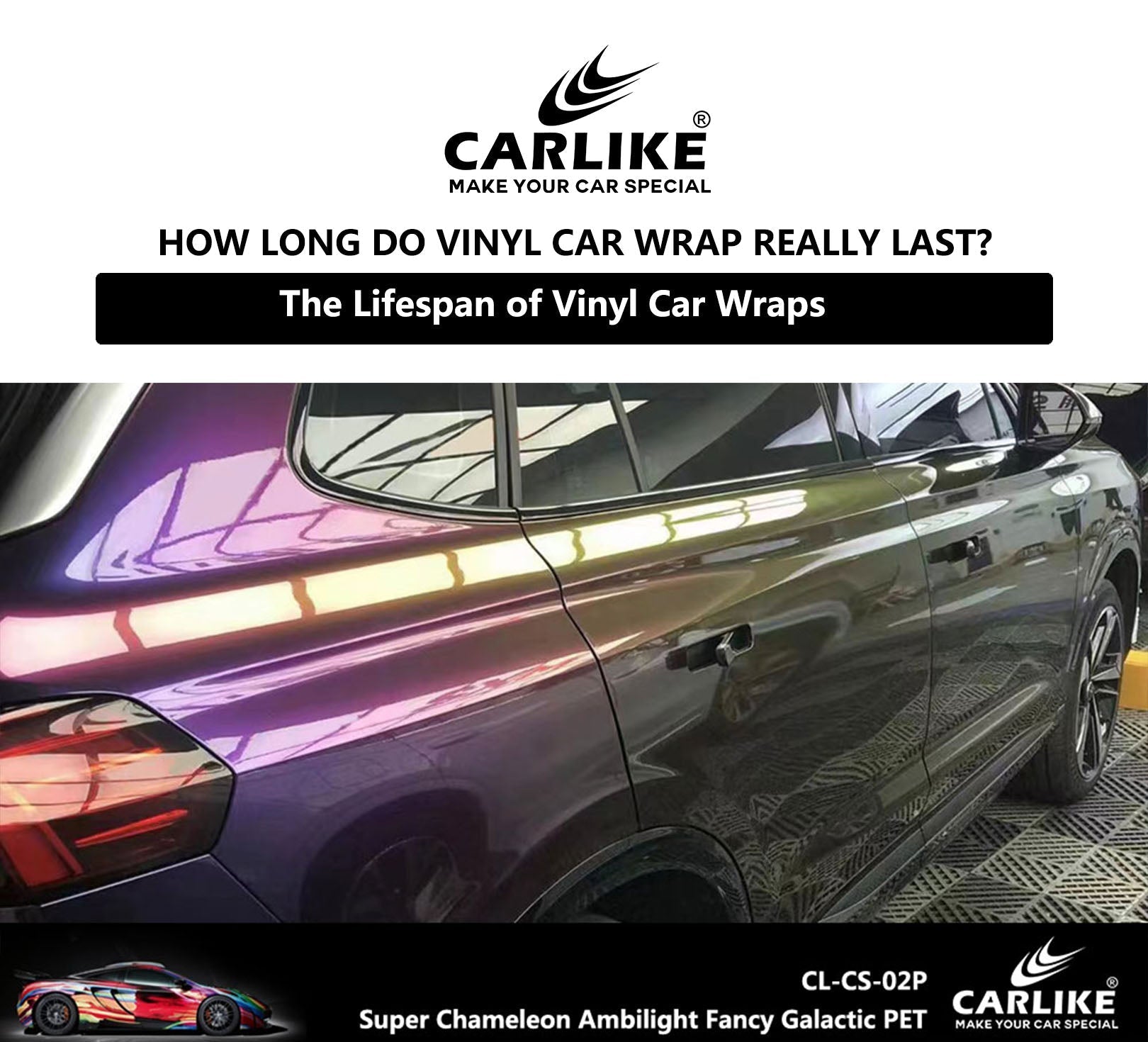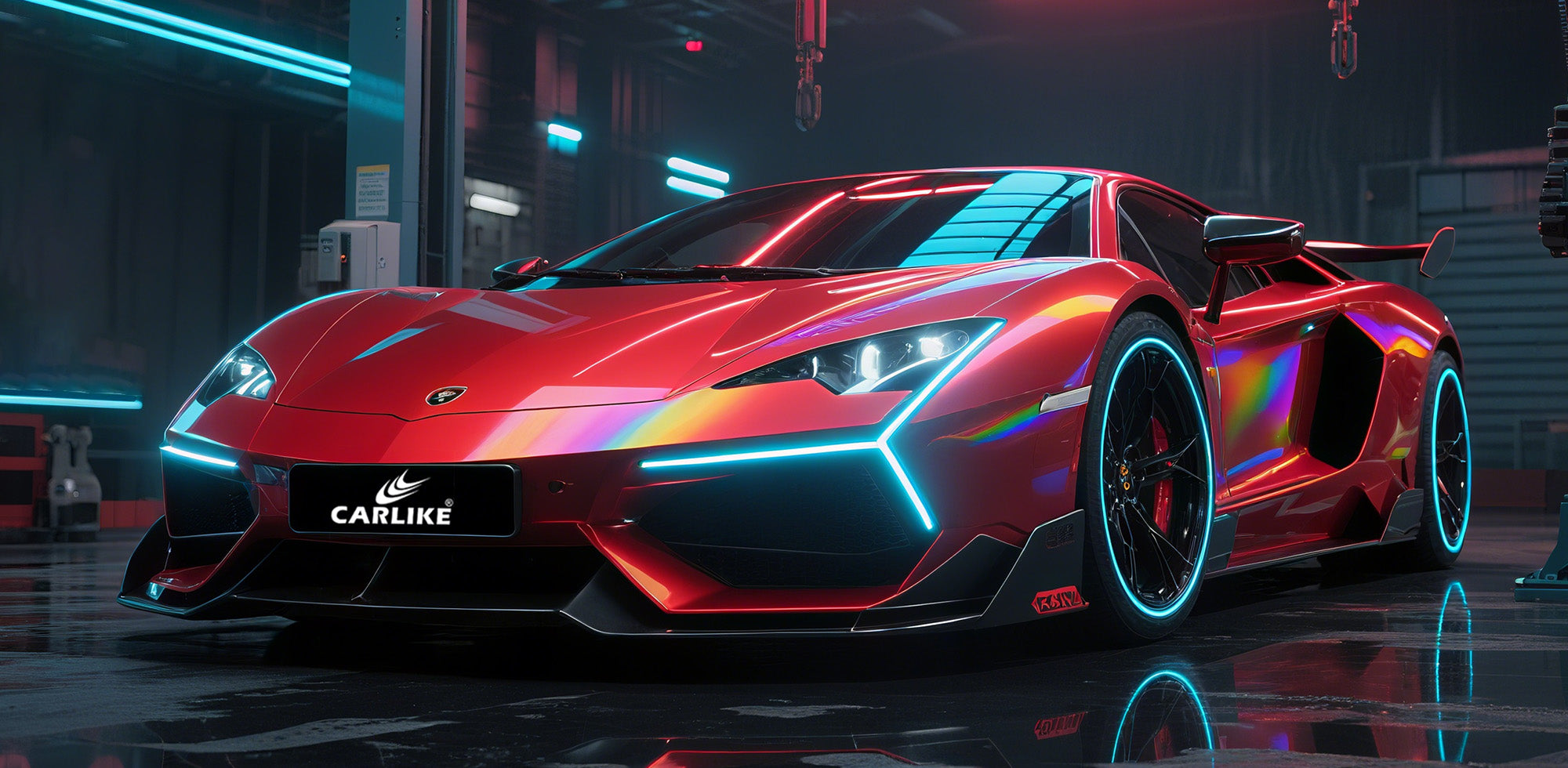Types of Car Wrap Vinyl
Types of Car Wrap Vinyl
Car wrap vinyl is a versatile material used to give vehicles a fresh look without the permanence of a traditional paint job.
1. Cast Vinyl vs. Calendered Vinyl: Pros and Cons
Cast Vinyl:
Cast vinyl is a premium-grade material known for its durability and conformability. It is manufactured through a casting process, which involves liquid vinyl being poured onto a casting sheet and then cured.
Pros of Cast Vinyl:
- Excellent conformability for intricate surfaces
- Long-lasting and durable
- Maintains color and finish over time
- Resistant to shrinking and cracking
Cons of Cast Vinyl:
- Higher cost compared to calendered vinyl
Calendered Vinyl:
Calendered vinyl is made through a calendaring process, where the vinyl material is extruded and then passed through a series of rollers. While it may not conform as well to complex shapes, it is still suitable for flat or slightly curved surfaces. Calendered vinyl is a more budget-friendly option and is often used for short to medium-term applications.
Pros of Calendered Vinyl:
- Economical choice for temporary wraps
- Wide range of color and finish options
- Suitable for flat or gently curved surfaces
Cons of Calendered Vinyl:
- Limited conformability for complex shapes
- May not have the longevity of cast vinyl
2. Specialty Vinyl (e.g., Metallic, Matte, Chrome)
Specialty vinyl opens up a world of creative possibilities for car enthusiasts and businesses looking to make a bold statement.
Metallic Vinyl:
Metallic vinyl features tiny metal flakes embedded in the material, creating a shimmering effect.
Matte Vinyl:
Matte vinyl provides a non-reflective, flat finish that exudes a modern and understated elegance.
Chrome Vinyl:
Chrome vinyl offers a mirror-like, highly reflective finish that commands attention.
Choosing the right type of car wrap vinyl depends on factors such as your budget, desired look, and the complexity of the vehicle's surfaces.





Factors to Consider When Choosing Car Wrap Vinyl
Here's a detailed breakdown of the factors to consider when choosing car wrap vinyl:
1. Durability and Longevity:
- Gauge the expected lifespan of the vinyl. Premium vinyl typically lasts longer.
- Consider the manufacturer's warranty and guarantees on the product's durability.
- Think about the climate and environmental conditions the vehicle will be exposed to.
2. Ease of Application:
- Evaluate the adhesive properties and application techniques required for the vinyl.
- Consider if the vinyl is forgiving of air bubbles or misalignment during application.
- Look for features like air-release technology for smoother application.
3. Color and Finish Options:
- Explore the range of colors and finishes available, including matte, gloss, satin, metallic, and specialty textures.
- Ensure the chosen color complements the vehicle's design and style.
4. UV Resistance:
- Check if the vinyl is designed to withstand prolonged exposure to sunlight without fading or deteriorating.
- UV-resistant vinyl helps maintain the vibrant color and finish over time.
5. Price Range:
- Determine your budget for the car wrap project.
- Balance the cost with the desired quality and features of the vinyl.
- Consider long-term savings if a more durable vinyl reduces the need for frequent replacements.
6. Compatibility with Vehicle Surface:
- Confirm that the vinyl is suitable for the type of surface you plan to wrap (e.g., smooth, textured, curved).
- Some vinyl may be designed specifically for certain surfaces like glass or plastic.
7. Residue-Free Removal:
- Ensure that the vinyl can be removed without leaving adhesive residue or damaging the underlying paint.
8. Brand Reputation and Reviews:
- Research the reputation of the brand and read customer reviews to get insights into the performance of the vinyl.
9. Additional Features or Benefits:
- Consider any extra features like self-healing properties for minor scratches, stain resistance, or anti-graffiti coatings.
10. Compliance with Local Regulations:
- Verify if the chosen vinyl complies with any local or state regulations regarding vehicle wraps.
11. Customer Support and Resources:
- Check if the manufacturer provides resources like installation guides, tutorials, or customer support for any queries.
By carefully considering these factors, you can make an informed decision and select the car wrap vinyl that best suits your specific needs and preferences.
Best Car Wrap Vinyl for Specific Applications
Here are some installation tips for car wrap vinyl, covering surface preparation, tools and equipment needed, and proper application techniques:
Installation Tips for Car Wrap Vinyl
1. Surface Preparation:
- Cleanliness is Key: Ensure the vehicle surface is thoroughly cleaned and free from dirt, dust, grease, and other contaminants. Use a quality automotive cleaning solution and lint-free cloths.
- Smooth and Even Surfaces: Repair any dents, scratches, or imperfections on the vehicle's surface before applying the vinyl. A smooth surface ensures better adhesion.
- Avoid High Temperatures: Apply vinyl in a controlled environment, avoiding extreme temperatures or direct sunlight. Temperature can affect the adhesive properties of the vinyl.
- Remove Existing Paint Defects: Prior to application, address any paint defects like peeling or chipping paint. A smooth base is crucial for a flawless wrap.
2. Tools and Equipment Needed:
- Squeegees: Use a variety of squeegees including felt edge, hard edge, and contour squeegees for different areas and curves of the vehicle.
- Heat Gun or Torch: These help in conforming the vinyl around curves, edges, and recesses. Proper heat application ensures a snug fit.
- Cutting Tools: Precision is key, so use a sharp blade and a cutting mat for accurate trimming and cutting of the vinyl.
- Tape Measure and Level: Ensure accurate measurements and alignment during the application process.
- Isopropyl Alcohol or Surface Cleaner: This is used for final cleaning before application, removing any residual contaminants.

3. Proper Techniques for Application:
- Start with a Clear Plan: Before applying the vinyl, plan the application process. Work in sections and consider the contours and curves of the vehicle.
- Use Proper Overlaps: For large panels, plan for overlaps to ensure seamless edges. Properly align and overlap vinyl sections to prevent visible seams.
- Apply Heat and Use Squeegees: As you apply the vinyl, use a heat gun to warm the material, making it more pliable. Use squeegees to press the vinyl firmly onto the surface, working from the center outwards.
- Stretch Carefully: When dealing with curved or complex areas, stretch the vinyl gently to ensure it conforms without excessive tension that could cause wrinkles or damage.
- Trim with Precision: When trimming excess vinyl, use a sharp blade and follow the edges or contours of the vehicle. Take your time to achieve clean and seamless cuts.
- Inspect and Adjust: Once the vinyl is applied, carefully inspect the surface for any imperfections or air bubbles. If needed, use a pin to release trapped air and smooth out any wrinkles.
By following these installation tips, you'll be well-equipped to achieve a professional and seamless car wrap application. Remember, practice and patience are key to mastering this skill!
FAQ for best car wrap vinyl?
Q: What are the different types of car wrap vinyl?
A: There are two main types of car wrap vinyl: cast vinyl and calendered vinyl. Cast vinyl is more expensive but offers superior conformability, durability, and longevity. Calendered vinyl is more budget-friendly but may be less durable and suitable for certain applications.
Q: How do I choose the right car wrap vinyl for my vehicle?
A: Consider factors such as the intended use (commercial or personal), desired finish (matte, gloss, metallic), budget, and the specific characteristics of the vinyl (durability, UV resistance) to make an informed choice.
Q: What is the difference between matte, gloss, and metallic finishes in car wrap vinyl?
A: Matte finish provides a non-reflective, flat appearance, while gloss offers a shiny, reflective surface. Metallic finishes contain metallic flakes, providing a sparkly effect. The choice depends on personal preference and the desired aesthetic.
Q: How do I prepare the surface of my vehicle before applying car wrap vinyl?
A: Proper surface preparation is crucial. Clean the vehicle thoroughly to remove dirt, grease, and contaminants. Repair any dents or imperfections, ensuring a smooth and even surface for optimal adhesion.
Q: What tools and equipment do I need for car wrap vinyl installation?
A: Essential tools include squeegees, a heat gun or torch, cutting tools, a tape measure, a level, and isopropyl alcohol or surface cleaner for final cleaning.
Final Words
In the world of automotive customization, specialty car wrap options open up a realm of endless possibilities. From captivating metallic finishes that gleam under the sun to mesmerizing matte textures that exude sophistication, these extraordinary vinyl choices allow you to transform your vehicle into a true work of art. Whether you're seeking a bold statement or a subtle yet distinctive touch, the world of specialty car wrap vinyl is boundless. Remember, the key to a truly exceptional result lies in the careful selection of materials and the expertise of your installer. So, embark on this journey of creativity and let your imagination run wild, turning your car into a unique masterpiece that reflects your personal style and vision. Elevate your ride with the wonders of specialty car wrap options today!








